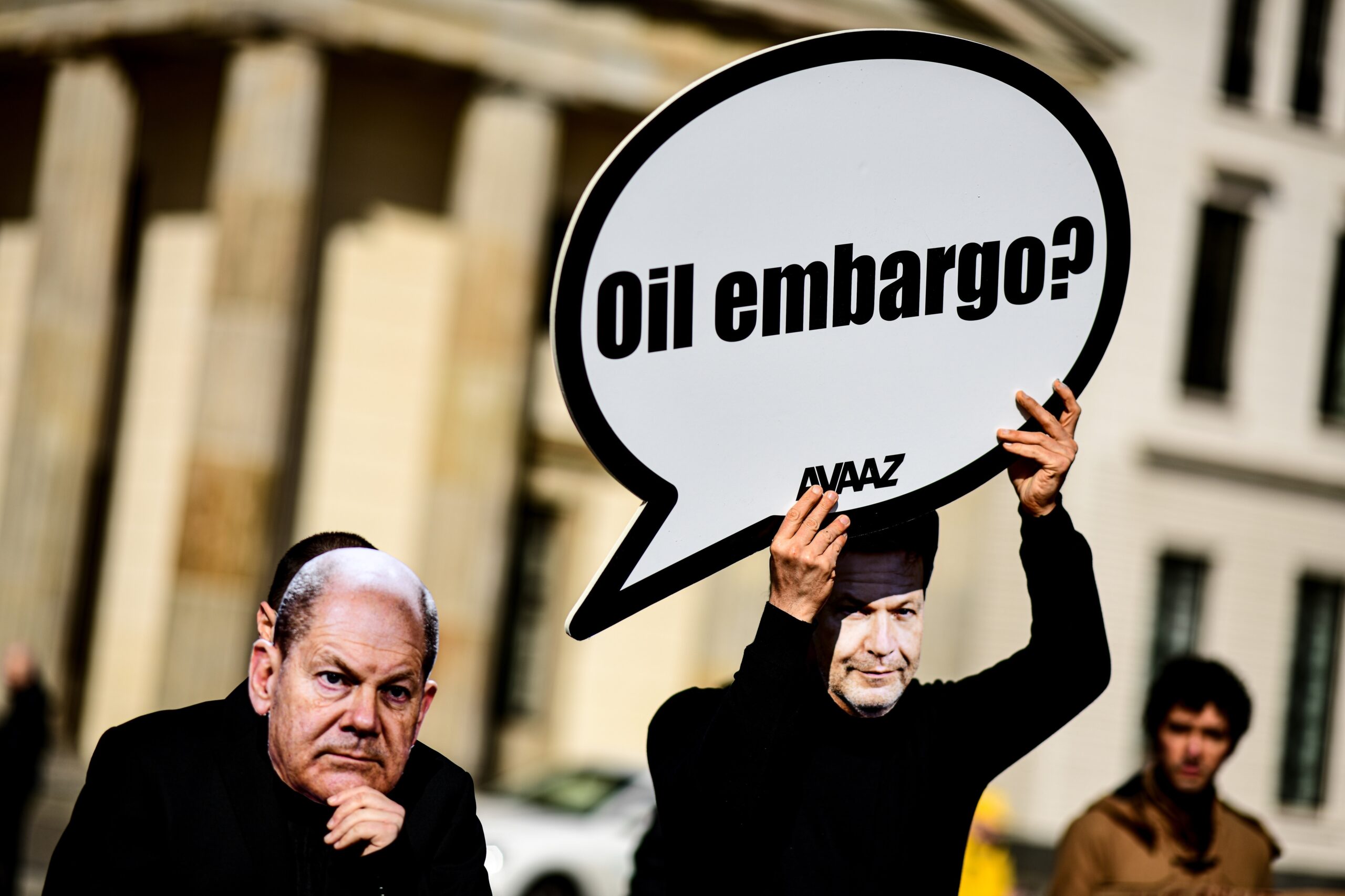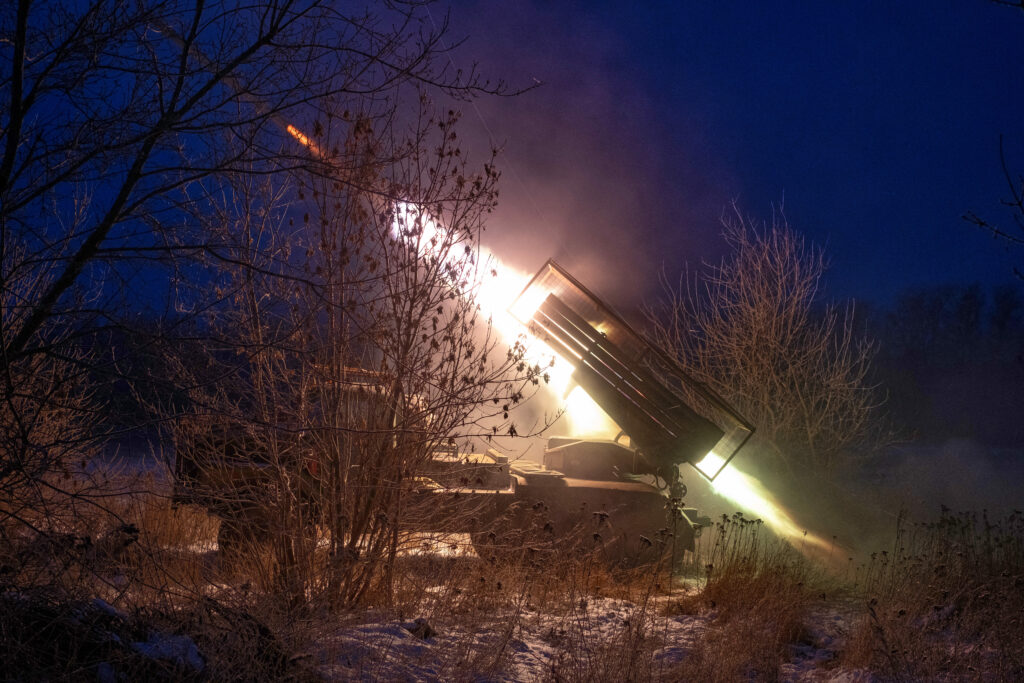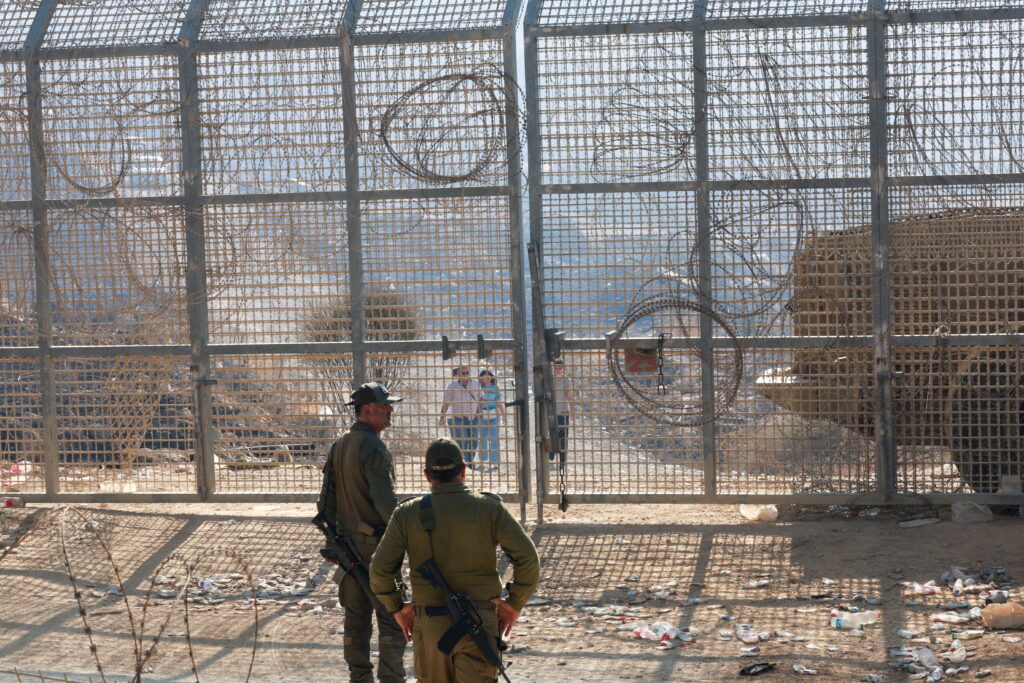A month and half into Russia’s war against Ukraine, Western sanctions policy met an expected obstacle. After taking almost unimaginable steps, like closing air traffic, blocking dollar settlements of a number of Russian banks, disconnecting them from SWIFT, seizing most of the Central Bank’s assets, and even adding to the sanction lists — the West paused over the issue of energy imports. Even there, not all nations of the West stopped in their tracks. The Americans, whose former presidential candidate John McCain once called Russia a «gas station masquerading as a country,» decisively announced an embargo on Russian oil and gas, which just last week was unanimously approved by the Senate. However, it is one thing for the United States, which imported 3.4% of its oil consumption from Russia last year and has not imported Russian gas at all since 2019. It is quite another matter for Europe, where in some countries contracts with Moscow provide up to 2/3 of the oil used and all the gas consumed.
Therefore, the uncertainty here for Europeans is understandable. On the one hand, Great Britain, which today is the most critical of Russia among the European powers and at the same time is not too dependent on Russian energy supplies, can quite seriously state that it will refuse imports of Russian oil already this year and Russian gas from 2024. Other countries that consume small amounts of fuel and are able to replace it can also do this. Lithuania for example, stopped purchasing Russian gas from April 1. It could do this thanks to its relatively new gas terminal built back in 2014 in Klaipeda, allowing it to receive almost twice as much LNG than the republic needs. On the other hand, there is Germany (as well as Austria and to some extent Italy), which have been building energy relations with Russia for years and for whom it is even difficult to imagine the possible losses in the new conditions. As the German Minister of Economics Affairs Robert Habeck stated: «Germany is quickly cutting its dependence on Russian energy. But we still need to act prudently». Many German trade unions are also meeting with protests the news of a possible embargo — so for now it is worth talking about cutting Russian oil purchases by half in the next 6−9 months and refusing to import gas in 3 years at best. Austria and Italy are also trying to build realistic schedules for reducing Russian energy purchases, but without much success.
The intensity of this debate in the EU is constantly growing. Last week, the European Parliament adopted a resolution (which, however, does not have the force of law). The resolution instructs European governments to immediately abandon Russian energy sources. The British prime minister has already made a trip to the countries of the Persian Gulf to achieve an increase in oil production but did not achieve significant results. G7 nations, meanwhile, threw huge stocks of oil from strategic reserves onto the market. A US delegation visited Venezuela, and Western powers began to curtsy to Iran — all with the aim of finding alternative sources of supplies to Russia. At the same time, one hears more and more often that Europe has nothing to completely replace Russian energy carriers — and EU countries still pay Moscow about € 700 million a day. You can, of course, as it is becoming common, mercilessly criticize your political predecessors that shortsightedly allowed such dependence on Moscow, but now such reasoning will not help the matter.
Aside from self flagellation over past complacency, the Europeans are gradually eying a getaway from dependence on Russian energy carriers. The latest package of sanctions, agreed on April 8, suggests that the EU refuse to import Russian coal (or coal coming from Russia) from August 2022. Then again, it says nothing about oil and gas (last year the EU imported Russian coal worth € 8 billion, and oil and gas worth more than € 160 billion.) True, German officials talk a lot about reducing dependence on oil. Chancellor Scholz recently even said that Germany could completely abandon Russian oil by the beginning of 2023. But so far. all this remains only a declaration of intent. Naturally, politicians in Ukraine and around the world do not stop repeating that by doing this Europe finances the Russian aggression, allowing Putin not to need money to continue his brutal war. The later is not so convincing since even in the event of blocking the channels for inflow of income from oil and gas exports to Russia, the Kremlin can close the budget holes with ruble borrowings and thus continue financing its military.
Supporters of the most severe sanctions can be understood — we all see footage of the executions in Bucha and the rocket attack on the train station in Kramatorsk — but it is obvious that in the current situation there is no real chance of cutting off the supply of Russian energy to Europe. Moreover, even if their inflow were completely cut off, this would only lead to a new round of rising oil and gas prices — which would lead to additional energy costs, which are estimated for the entire European Union at the level of € 200 billion per year. Although this figure seems small compared to, for example, the costs of fighting the pandemic, it is very significant — and we should not forget that we are talking about an addition to the costs that the EU is already incurring in connection with the reception of Ukrainian refugees, providing Kyiv with financial assistance, as well as military supplies (I am not talking about the increase in defense spending, the need for which has become obvious even to Germany). Therefore, even despite the frenzy perpetrated by the Russian occupiers in Ukraine, there is no complete embargo on Russian energy supplies to EU until 2024−2026.
And here the question arises: is it possible to propose some kind of alternative strategy that would allow supporting the European economy and at the same time putting pressure on Russia? I think so.
A more adequate approach to energy relations with Russia could consist of three elements.
The first would assume that Europe would continue to buy Russian oil and gas in the same (or even increasing) volumes. The main task would be to get the most favorable conditions for the supply from Moscow — in a situation where we’re talking about an almost complete embargo and when Russia lost a significant part of its reserves, Kremlin would be interested in increasing exports since it does not have an acceptable alternative (it is difficult to build new pipelines, freight has risen in price several times, etc.). Even today, China is afraid to accept additional volumes of Russian energy, but Europe may well at least not reduce the volume of purchases. Abandoning discussions about the embargo, the Europeans will significantly reduce gas prices (from the current $ 900−1000 to $ 400−450 / thousand cubic meters) and oil (in this situation, they can return to $ 70−75 / barrel, since the most powerful speculative factor will be eliminated). Considering that the EU consumes about 310 million tons of oil per year and up to 390 billion cubic meters of gas, the savings for Europeans will be at least € 240 billion from today’s price levels, which looks quite a significant amount.
The second principle would be that the problem should not be the flow of money into Russia, but the ability to use this money to buy goods necessary for the Russian economy. Paradoxically, but now direct sanctions affect a fairly small part of European exports, while many Russian enterprises are critically dependent on European-made components and components. Some of these goods stopped coming to Russia, not because of sanctions, but because many international companies decided to stop doing business with Moscow. Europeans should study in detail the nomenclature of their deliveries to Russia and exclude from it not so much final consumer goods (refusal to sell Chanel or Louis Vuitton products in Russia will not undermine the foundations of the Putin regime), but all types of equipment and components — which would deal a much more serious blow to the Russian economy than the oil and gas embargo. Considering that in the last ten years the average size of Russia’s trade surplus was $ 172 billion, or almost 70% of the average import volume, it is worth recognizing that even a 2/3 reduction in energy supplies from Russia to Europe will not lead to serious negative consequences, so we need to look for another way of sanctions pressure, and restricting exports to Russia would be much more painful for Moscow and cheaper for Brussels than a ban on the import of Russian oil and gas (and any other type of products produced in Russia).
But the third principle could be the most important. The first two elements of the proposed strategy will allow the Europeans to minimize the costs of anti-Russian sanctions — so that the main part of the plan can be a special tax (for example, in the amount of a third of the cost of oil and gas purchased by the EU from Russia), which could be sent to the Restoration of Ukraine Fund, creating the basis for a kind of «Marshall Plan» for the Ukrainian post-war revival. Such a tax could be up to € 50−60 billion per year and could be collected over a period of 4−6 years until Russian energy flows are redirected to alternative markets (Kremlin, faced with a similar situation will begin to strive to reduce shipments to Europe, given its paranoid hatred of Ukraine and the desire to inflict the maximum possible damage on it by any means). The collected amounts would undoubtedly become an important element of support for the economy of Ukraine in the post-war period and would facilitate negotiations on the financial terms of its entry into the European Union.
In economics, unlike in politics, decisions with significant incremental costs rarely last. It is currently impossible for European countries to refuse to import Russian energy and the constant distribution of promises of this kind can only devalue the statements of European politicians in the future. The task, therefore, should not be to accept and start implementing this decision at any cost (in case of success, EU will be its first victim chronically overpaying for the energy consumed, and, secondly, Ukraine, whose assistance will be limited to the financial situation in the EU; only the autocratic monarchies of the Persian Gulf as the main beneficiaries of the redistribution of the European market will be the winner), but in reducing financial costs for Europe, to propose effective methods of maintaining sanctions pressure on Russia, and, most importantly, to create a clear system for financing the restoration and development of Ukraine for at least the next ten years.
In the sanctions policy towards Russia, there comes a moment that requires not only the improvement of sanctions tools, but also the development of a policy that combines deterrence and punishment of the aggressor with support for his victim.










